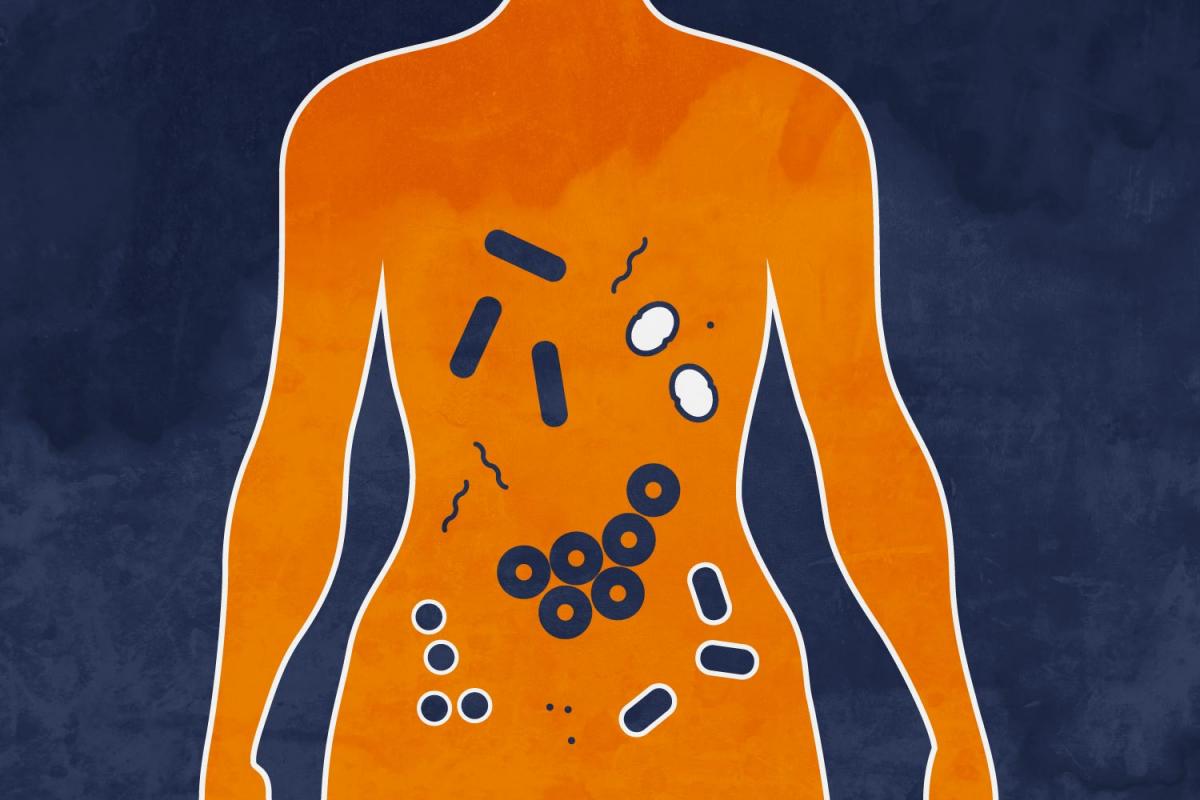New Hope for Stem Cell Transplants
When Tory and Bill Blackford decided to move to Charlottesville, things were looking up. Bill had recently made a full recovery from mantle cell non-Hodgkin’s lymphoma after a stem cell transplant in which his sister was the donor. Tory, a 1987 Darden alumna, had retired from a career in high tech and then landscape design.
They were settling into their new home in Ivy and looking forward to a great retirement. But life has a tendency to shift when you least expect it.
Shortly thereafter, Bill’s health started to decline, and he ultimately passed away from complications related to graft-versus-host-disease (GVHD)—a condition in which the newly-donated stem cells reject the patient’s body.
“He died from the cure, not the disease,” says Tory. “That’s the real rub.”
While undergoing treatment for GVHD at UVA Cancer Center, Tory and Bill established the Blackford Cancer Fund—which will support UVA Cancer Center upon both of their deaths—because they wanted to support the institution that was supporting them.
Then a few years later, Tory decided to make a gift to simultaneously honor her late husband and accelerate her philanthropy.
“The inspiration came to me that I wanted to donate earlier and see the impact of my giving,” says Tory.
It was through conversations about GVHD with Dr. Karen Ballen, who directs UVA Cancer Center’s stem cell transplant program, that Tory learned about an opportunity to help support a clinical trial. The project, which is being led by Dr. Indumathy Varadarajan and partially funded by Blackford, asks a surprising question that could potentially improve outcomes for patients.
Historically, providers have told stem cell transplant recipients to avoid eating raw fruits and vegetables for a few weeks after their transplant. The reason being, says Dr. Varadarajan, is that the bacteria that exist on raw foods could cause infection for the patient, whose immune system is temporarily suppressed due to the treatment.
Dr. Varadarajan’s study, however, will examine if consuming raw fruits and vegetables in a fiber-rich diet will actually benefit patients.
“Now we’re thinking that an unhealthy microbiome, paired with a compromised immune system, could actually lead to more complications for transplant patients,” says Dr. Varadarajan.
“When we look at other cancers, we know that a healthy microbiome actually promotes a healthy immune system, and that can help control disease and enhance well-being,” says Dr. Varadarajan. “We see that patients who maintained a healthy microbiome with a healthy flora did much better than those who didn’t. Patients who don’t have a healthy internal ecosystem live for a shorter time.”
Dr. Varadarajan’s clinical trial encourages stem cell transplant patients to eat whole foods in order to build their microbiome. Patients are asked to eat foods high in rich fiber and carbohydrates twice a day. These foods are partly digested in the large intestine, encouraging the growth of healthy bacteria. Plus, healthy things like whole oats, green bananas, granny smith apples, and artichokes are easy to incorporate in a normal diet.
“The idea is that you are able to go home and stick to the same diet,” says Dr. Varadarajan. “I was inspired to do this study because something as simple as eating two bowls of healthy foods per day can keep you healthier and happier—and it can keep you alive.”
Dr. Varadarajan says that support like Blackford’s gift is critical in the advancement of medicine.
“One of the reasons why the U.S. is considered a leader in the medical field is the use of clinical trials in medical research,” says Dr. Varadarajan. “Clinical trials are the backbone of medicine in American science because they help develop and test the latest breakthroughs that could help patients.”
As Dr. Varadarajan and her team conduct the trial, Tory Blackford is awaiting the study’s results and hoping to help others undergoing stem cell transplants.
“GVHD is a wretched disease,” says Tory, “but if we could get our arms around it, this would really help people who receive stem cell transplants.”
And for Dr. Varadarajan, this work is personal.
“My grandmother died from acute myeloid leukemia, and she didn’t have the opportunity for a stem cell transplant,” says Dr. Varadarajan. “So the way I look at it, I do this work because I want to give that opportunity to people in similar situations so they can have more time with their families.”

